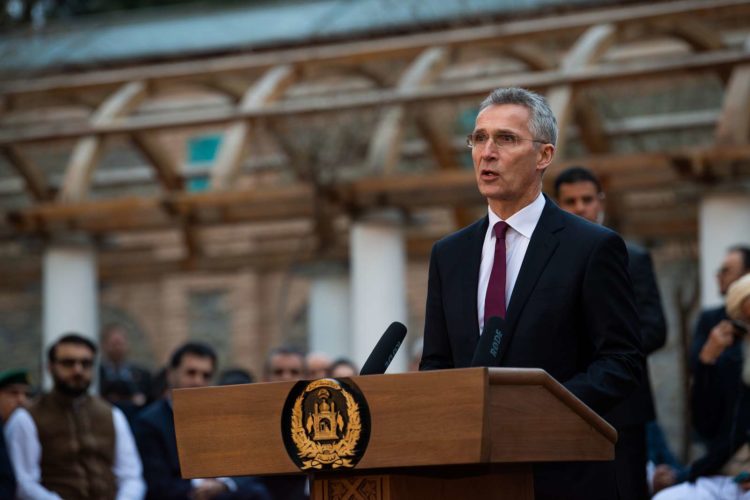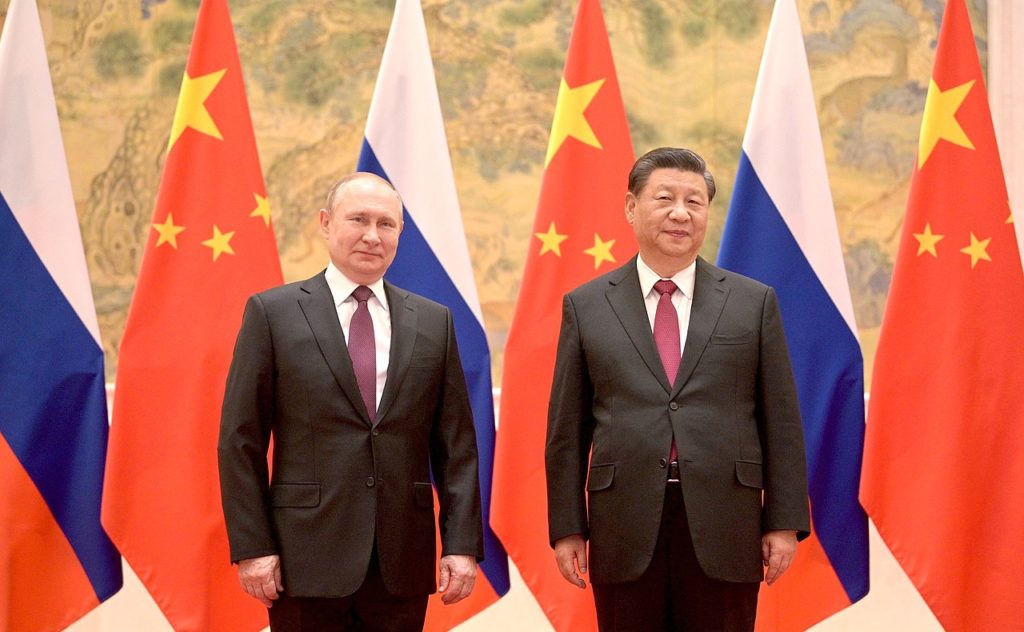The United States is Japan’s long-time ally; Japan has recently furthered its military relations with other countries in the Indo-Pacific region and with Britain, Europe, and NATO due to the rising security concerns emanating from China and North Korea.
Japan acted promptly to show support for the U.S. economic sanctions against Russia for the ongoing conflict in Ukraine. Furthermore, Japan provided humanitarian assistance and defensive equipment to the Ukrainian people. Such a stance was taken due to fear that Russian aggression in Europe could be mirrored in the Asian region, where China’s more assertive attitude and the tension over Taiwan are becoming more and more pronounced.
NATO chief Jens Stoltenberg makes his first stop in Seoul on a regional trip aimed at shoring up relations with NATO allies, as threats grow from Russia, China and North Korea pic.twitter.com/jdOFvMFJen
— TRT World Now (@TRTWorldNow) January 30, 2023
Meanwhile, the North Korean government criticized Stoltenberg for traveling to South Korea and Japan, expressing that NATO was attempting to use its “military presence” to pressure America’s Asian allies into supplying arms to Ukraine.
North Korea denigrated the growing collaboration between the NATO countries and American partners in Asia, viewing it as a method of building an “Asian NATO” and claiming it would inflame regional tensions.
Strategic Alliance
China’s growing influence and cooperation with Russia are already causing international alarm. In light of this, NATO countries and other allies must focus on creating a solid partnership between Asia and Europe.
In order to pre-emptively combat any threats posed by China and Russia, such a partnership must be centered around shared values such as democracy, the rule of law, human rights, and free market economics. It should also promote economic interdependence through bilateral trade agreements and collaboration on global issues such as climate change. This could create a balance of power in regions where China or Russia hold sway.
However, the success of an Asia-Europe partnership depends on strong political will from all involved countries and adequate implementation resources. Governments must make clear their commitment to such an initiative by providing diplomatic support, military hardware, and financial contribution towards projects or initiatives aimed at strengthening the partnership. Furthermore, there needs to be greater cooperation between public and private sector actors to create a better climate for investment in targeted regions.
Finally, an effective Asia-Europe partnership requires close coordination between NATO countries and other allies to ensure that it has both short-term impact and long-term sustainability. Research conducted by the US Naval War College highlighted the importance of strengthening maritime security cooperation between Western powers in the Indo-Pacific region, which could lead to collective deterrence against Chinese assertiveness. Increased transparency over defense spending is also critical if any effective joint response is going to be achieved. Without these measures being taken seriously by all parties involved – including NATO countries – any attempt at creating a unified front against potential threats from China or Russia is likely to fail.
The only question is, can NATO still catch up to China’s overwhelming economic influence in the region? Or are we too late?











COMMENTS